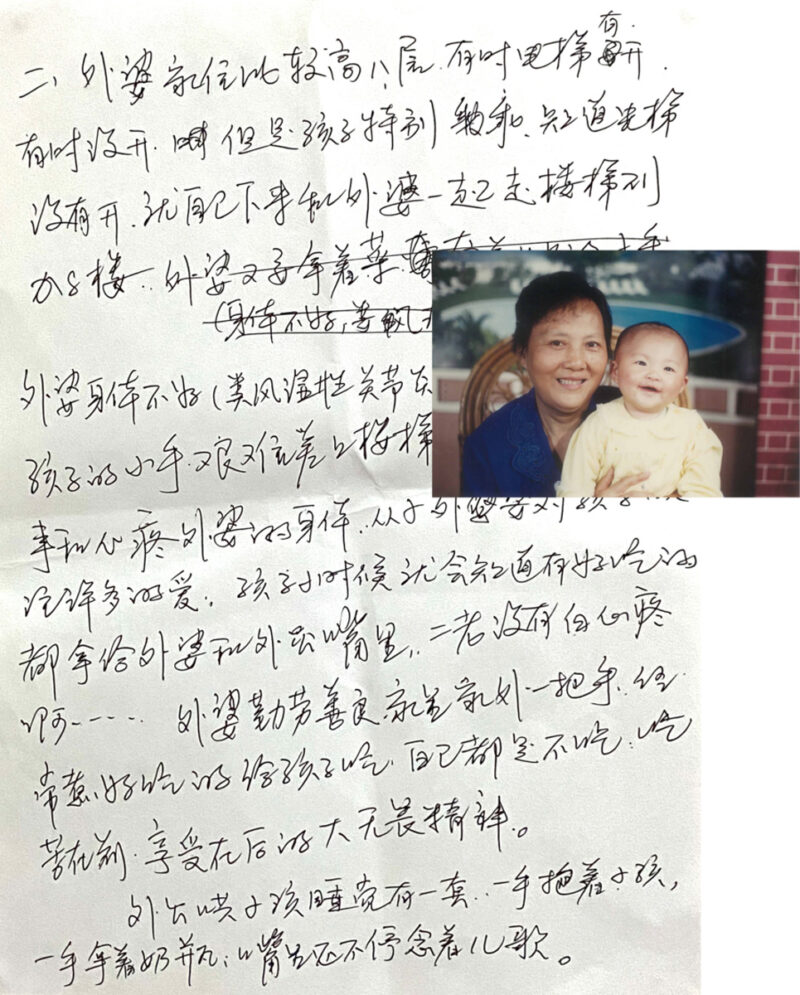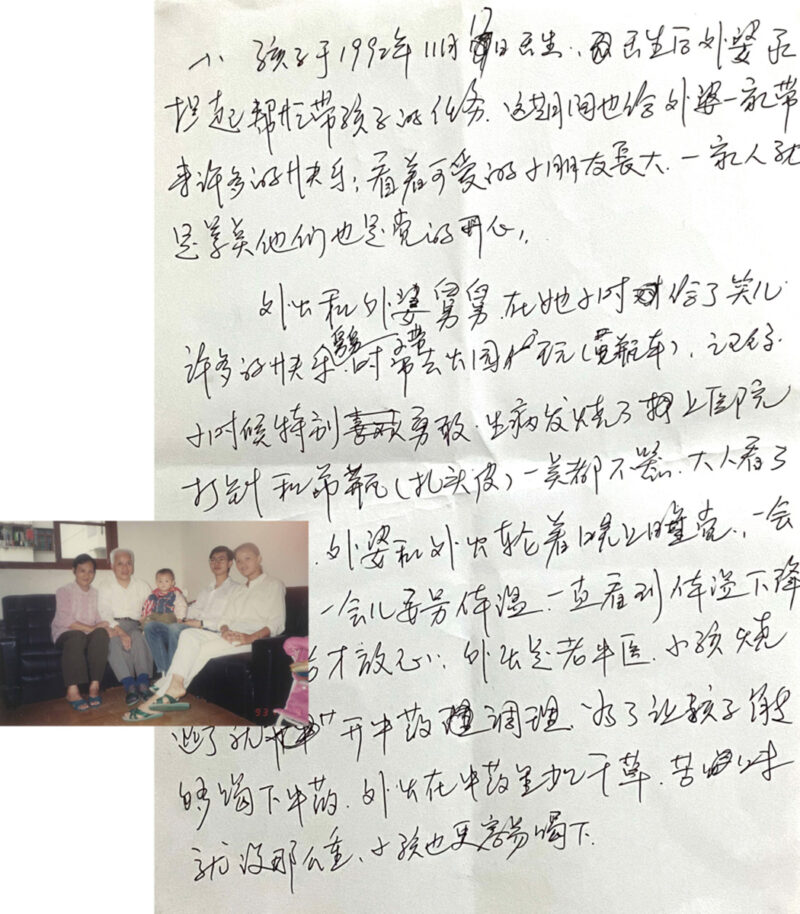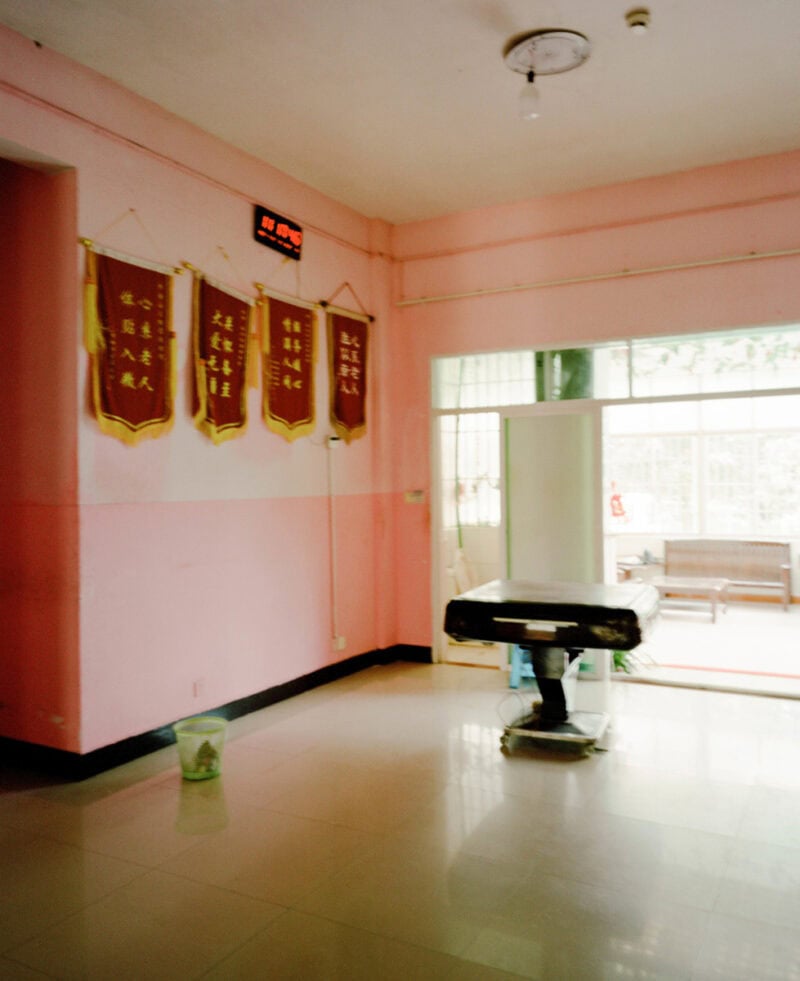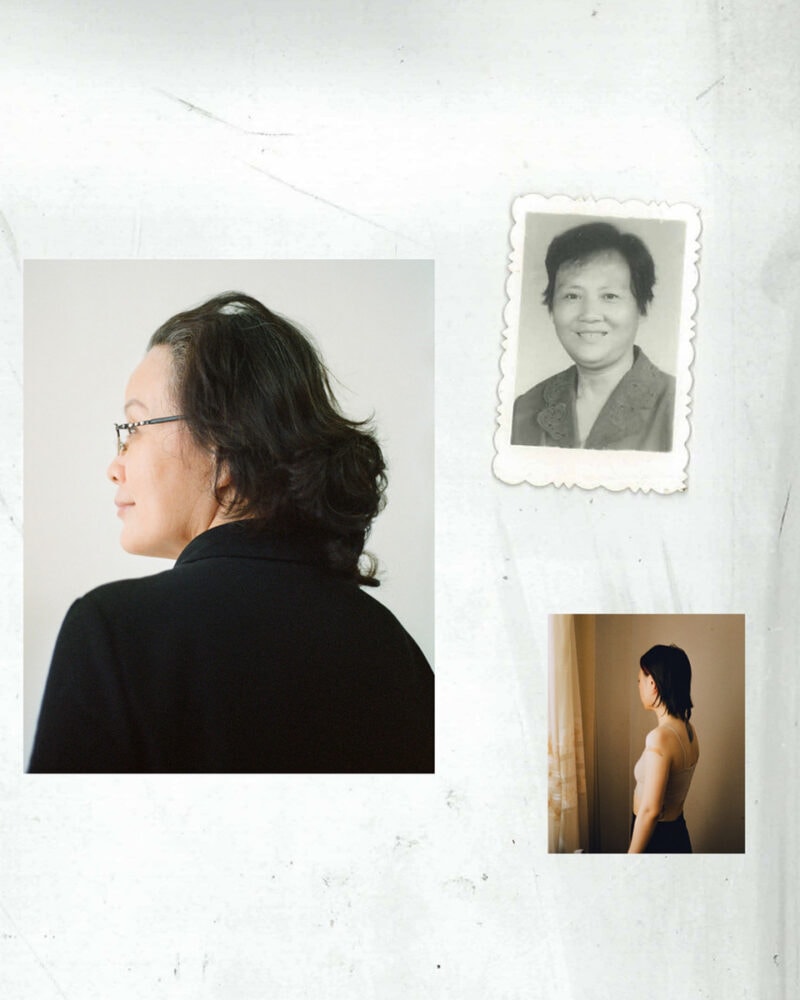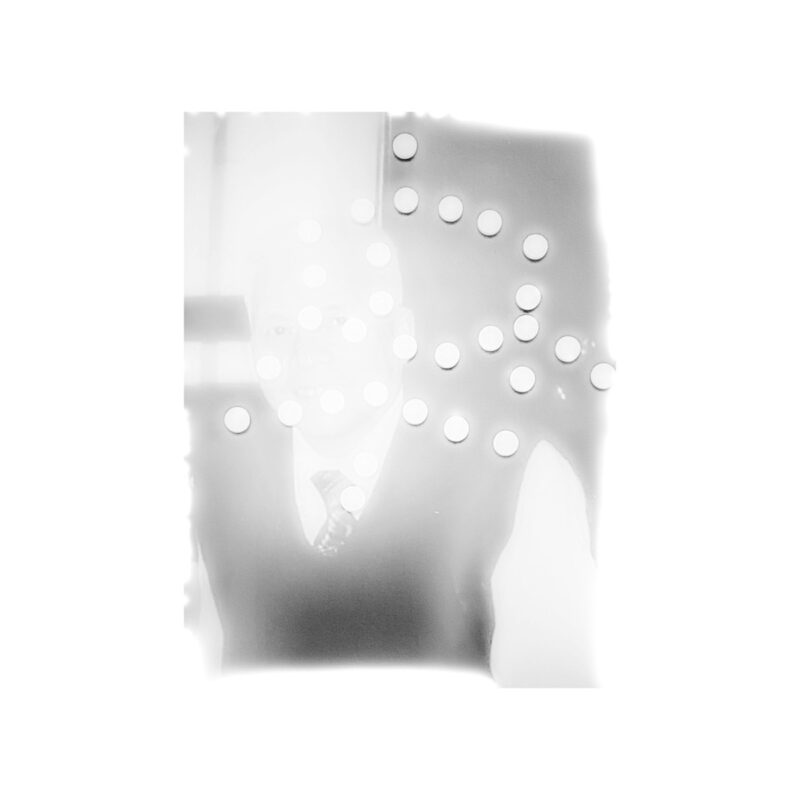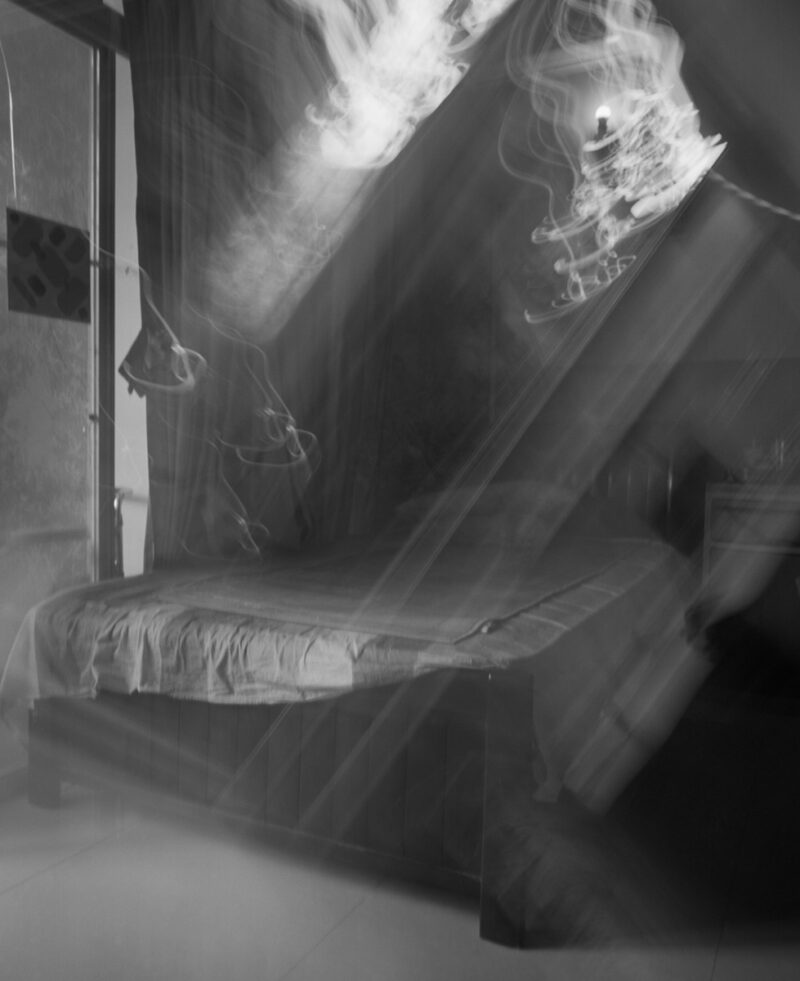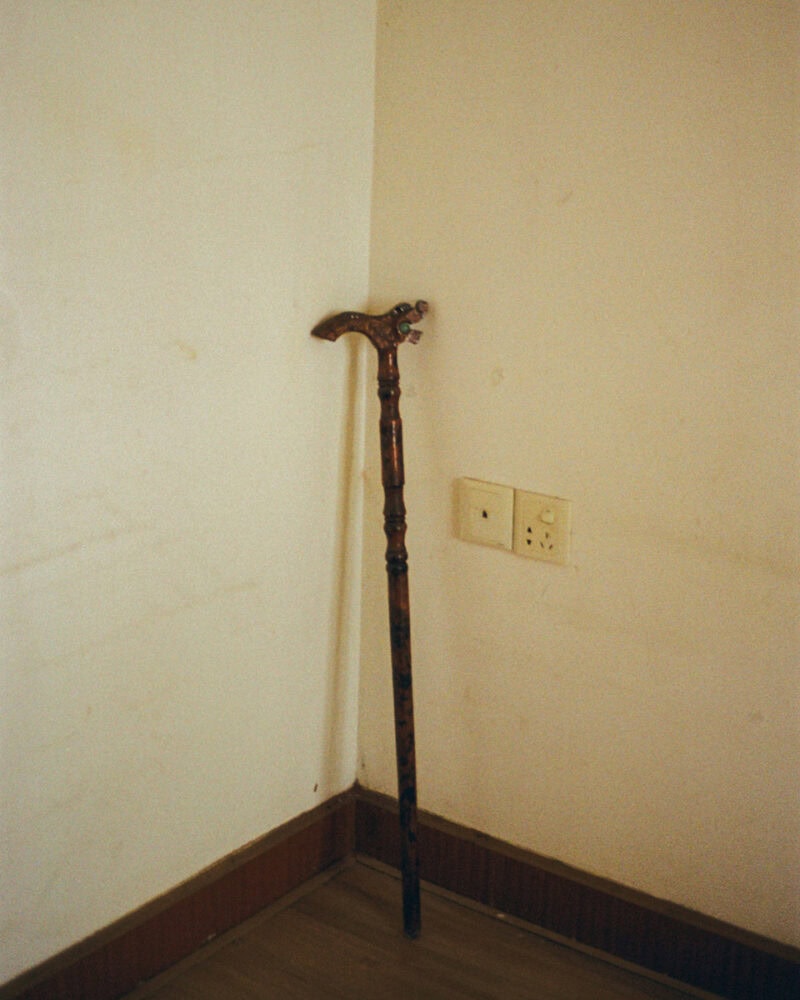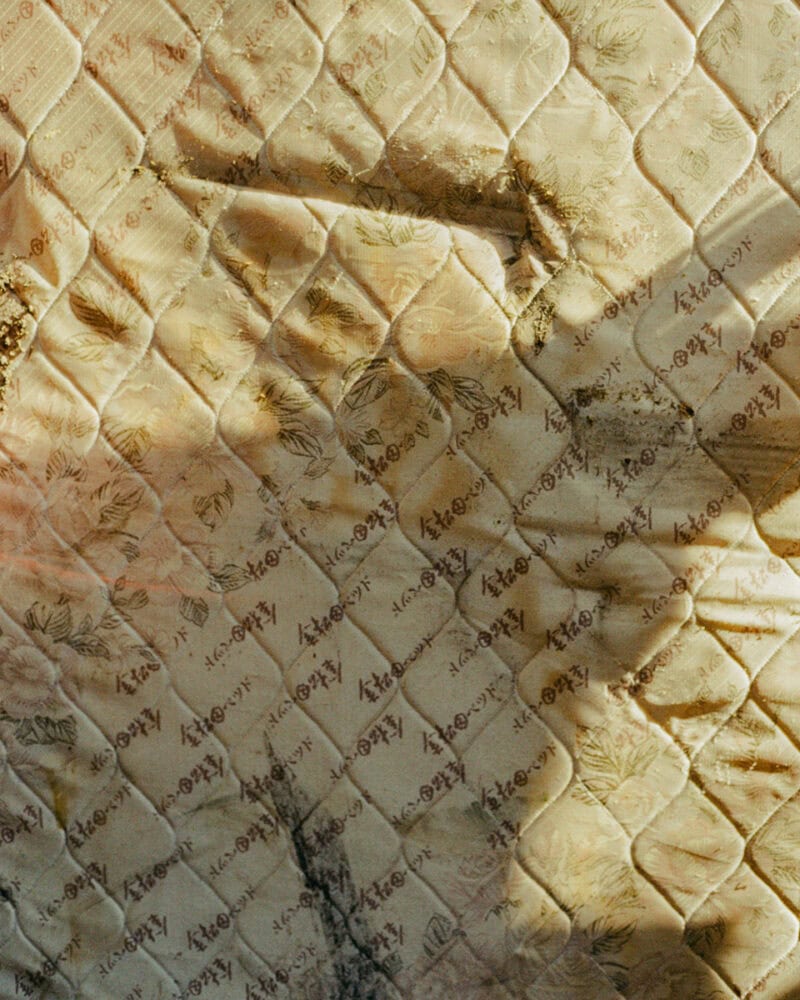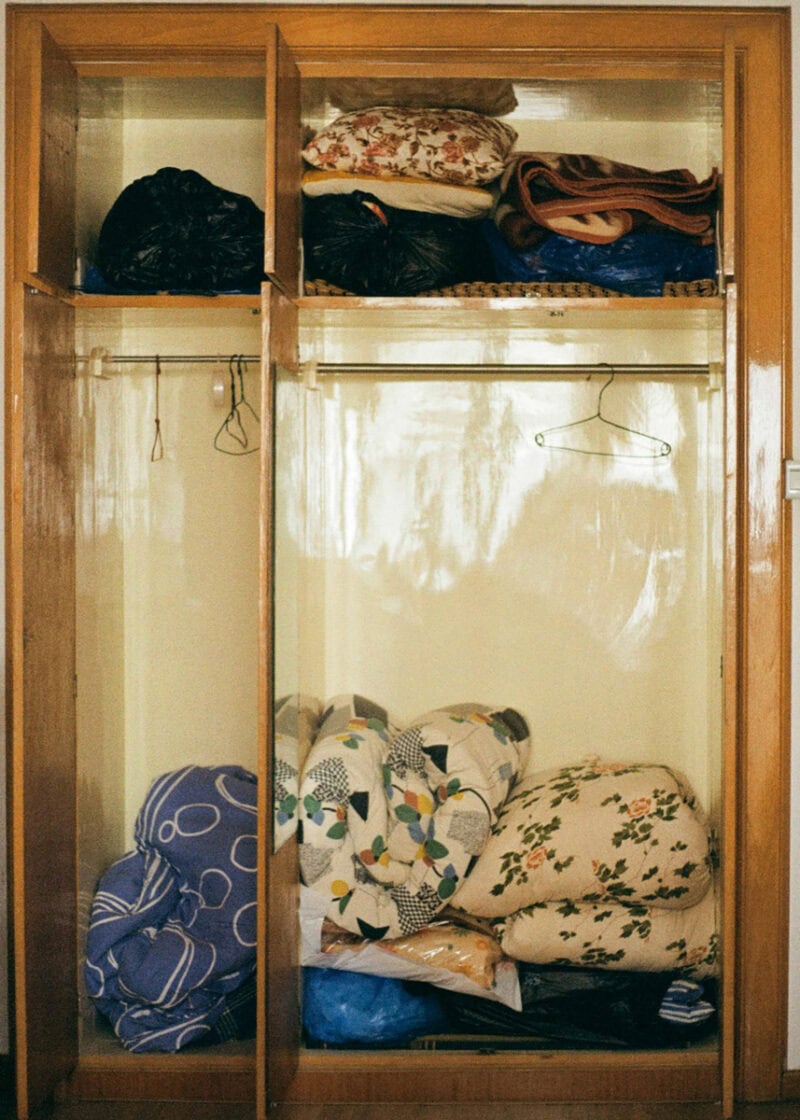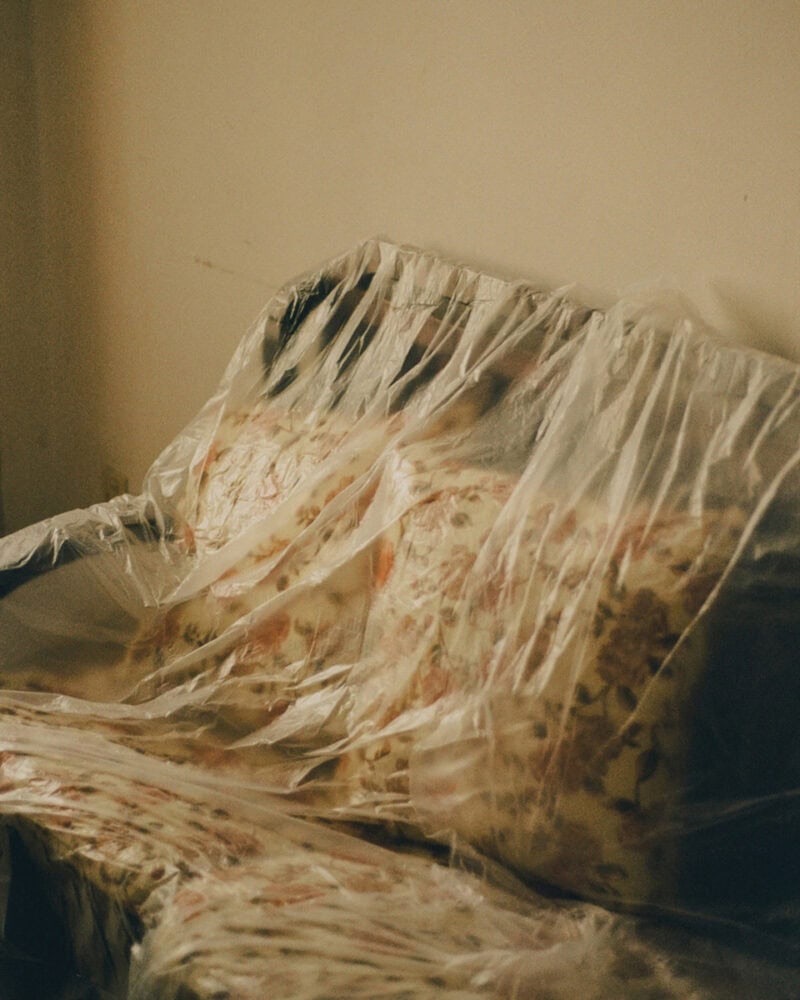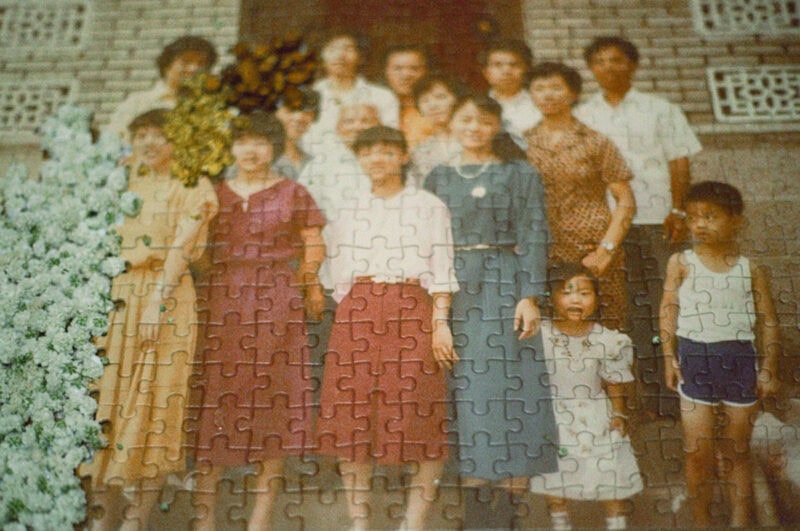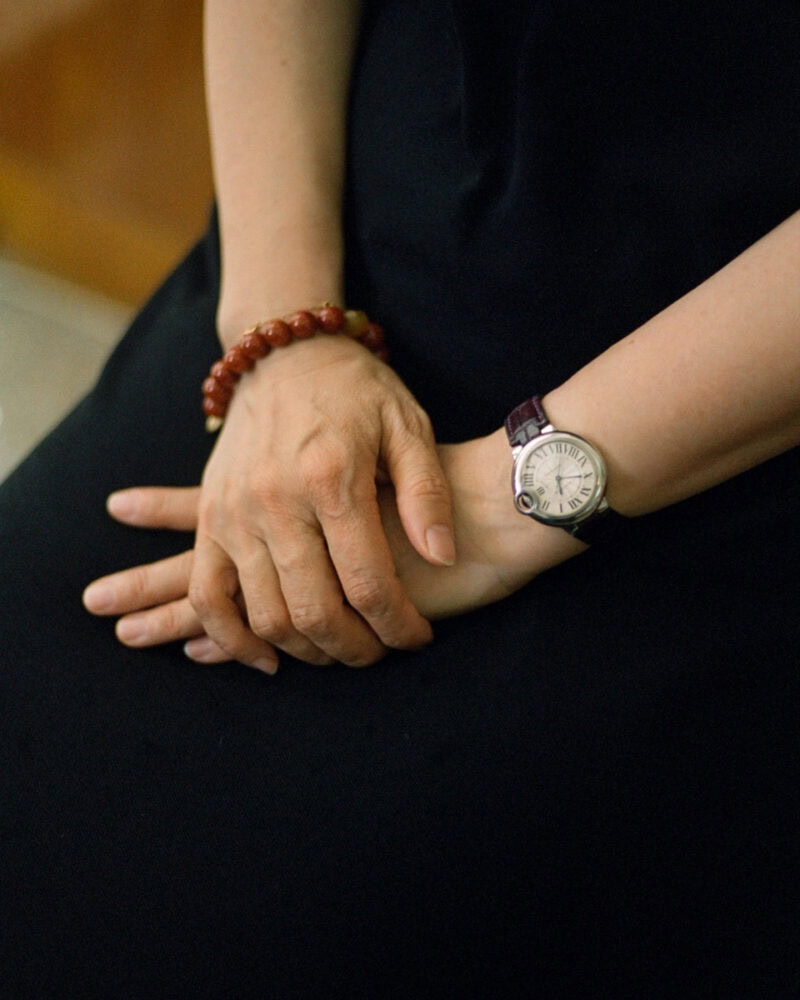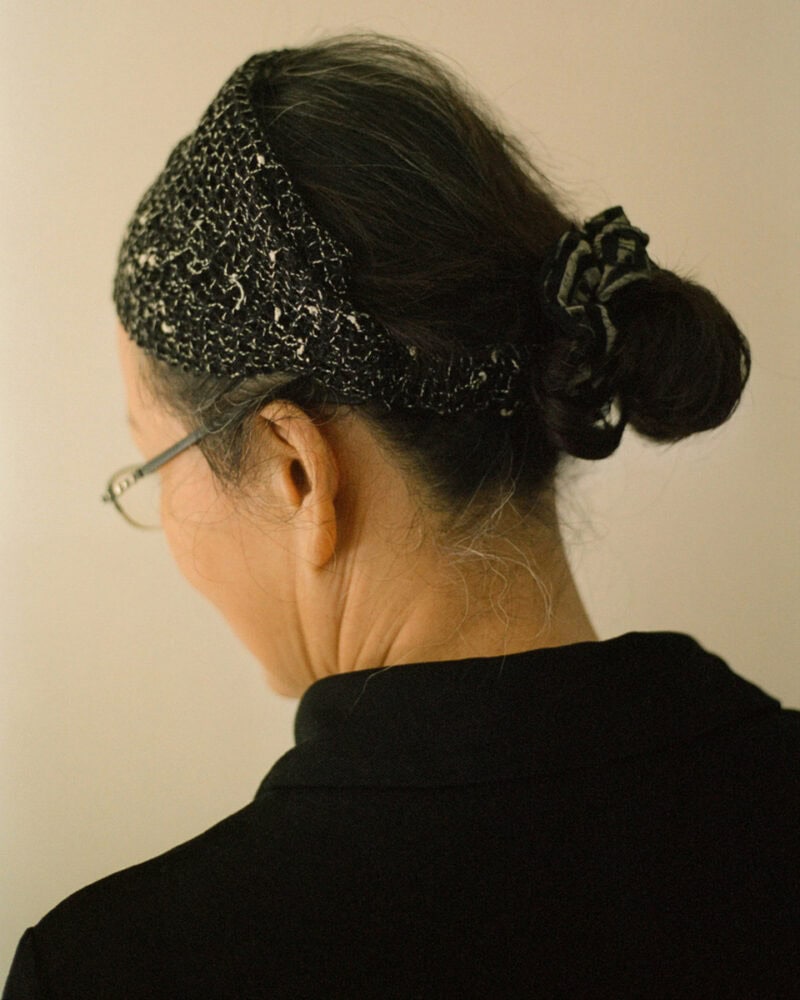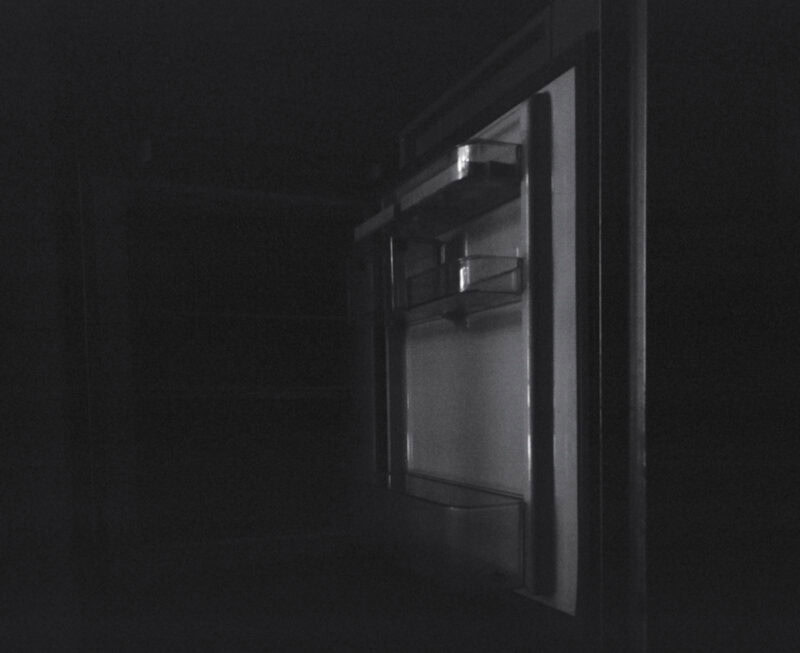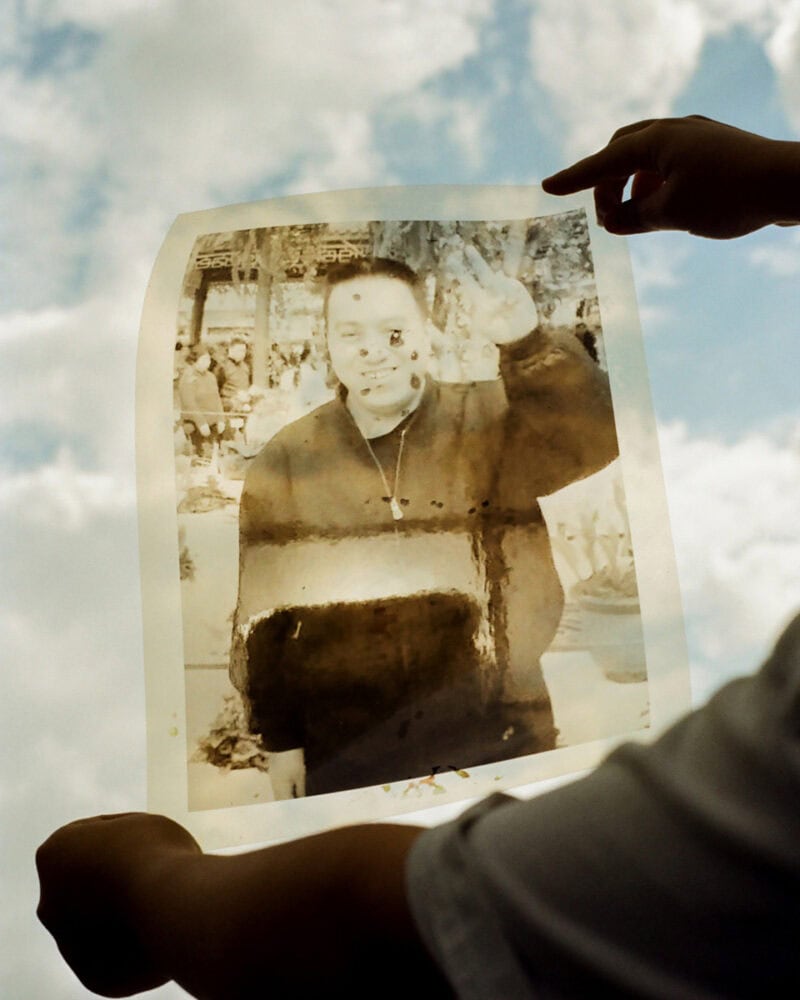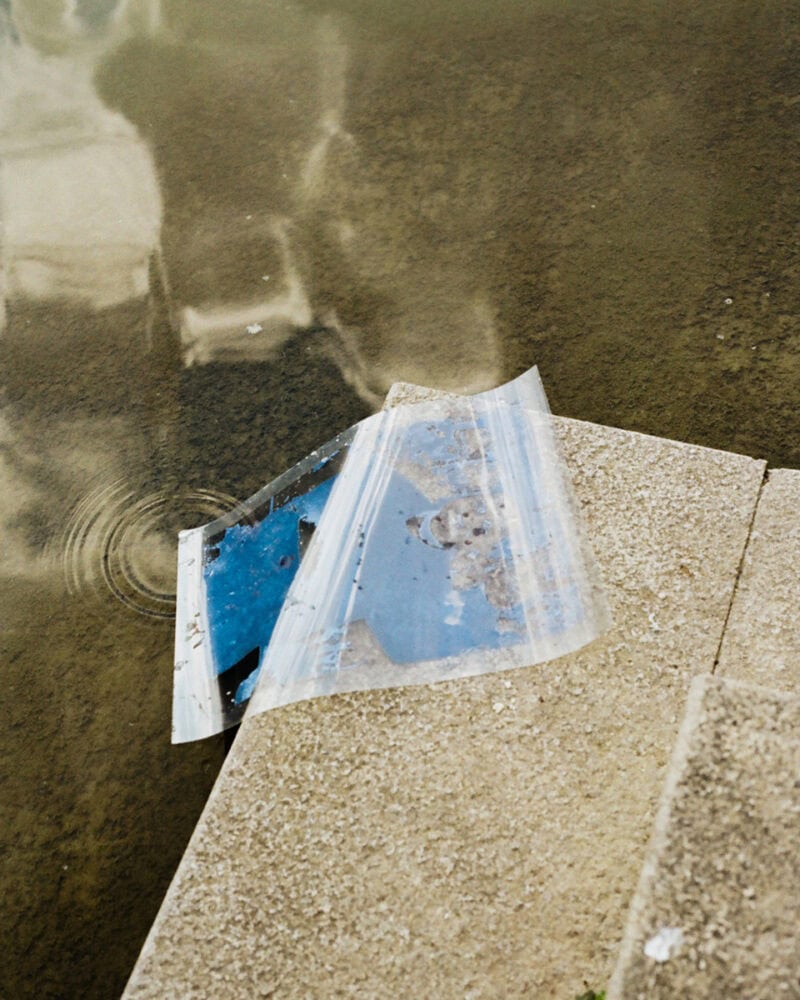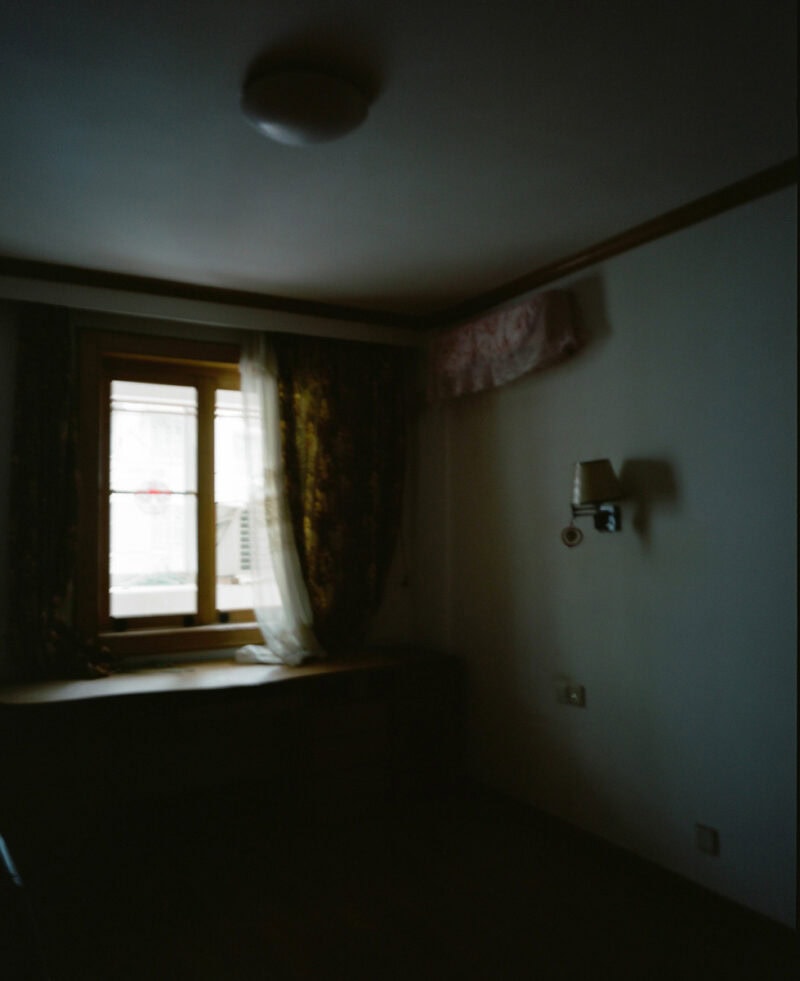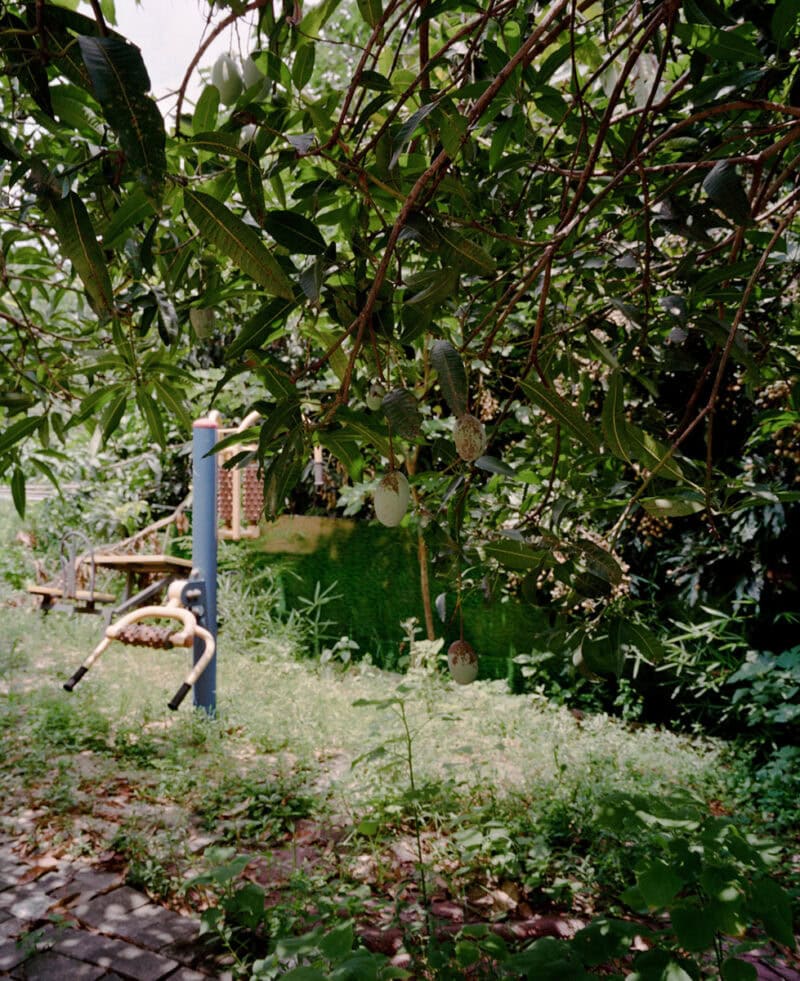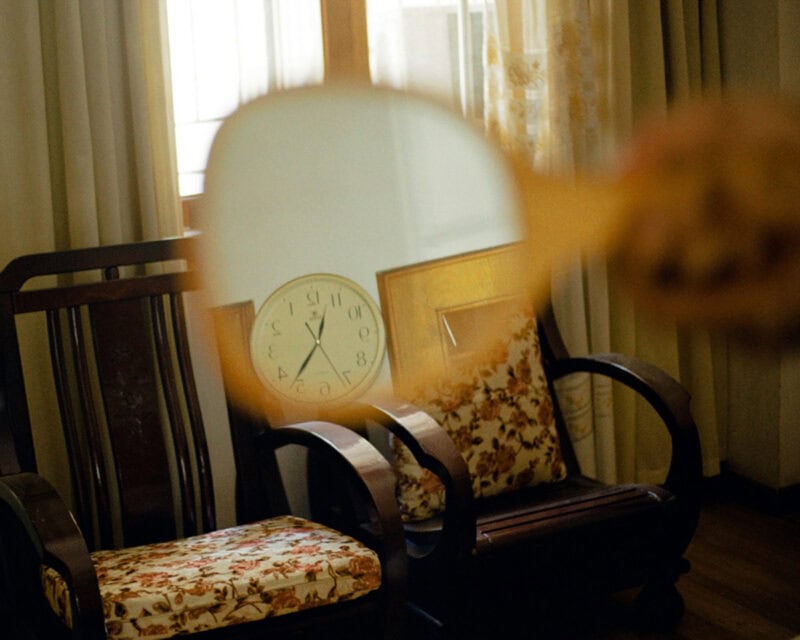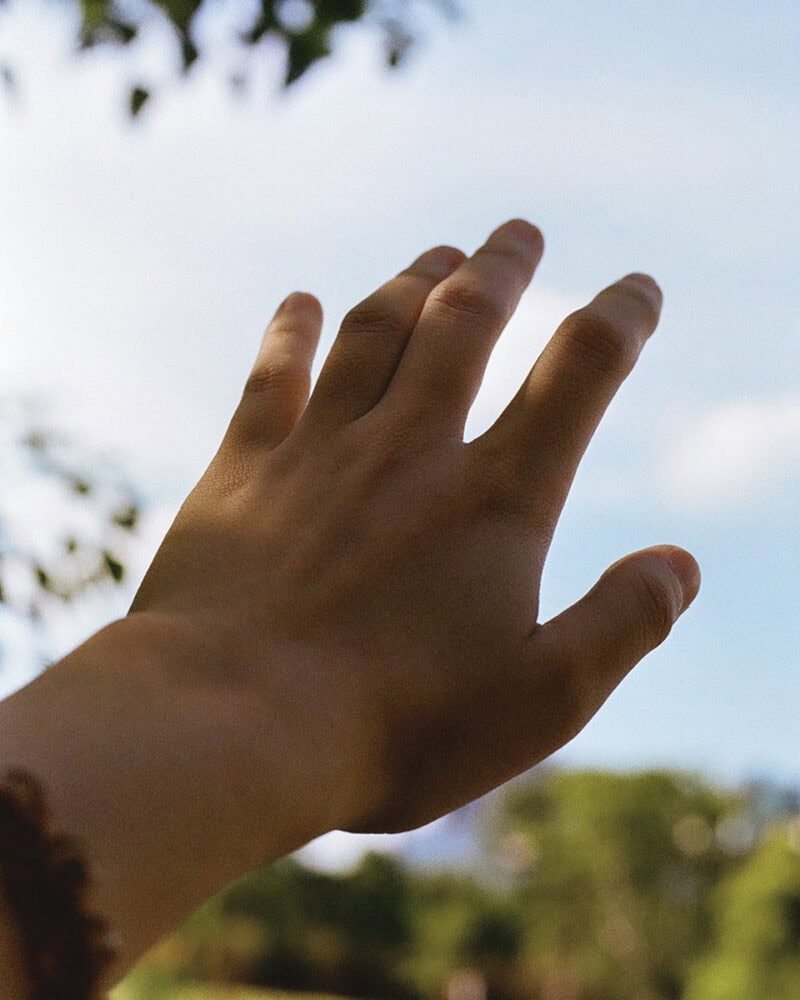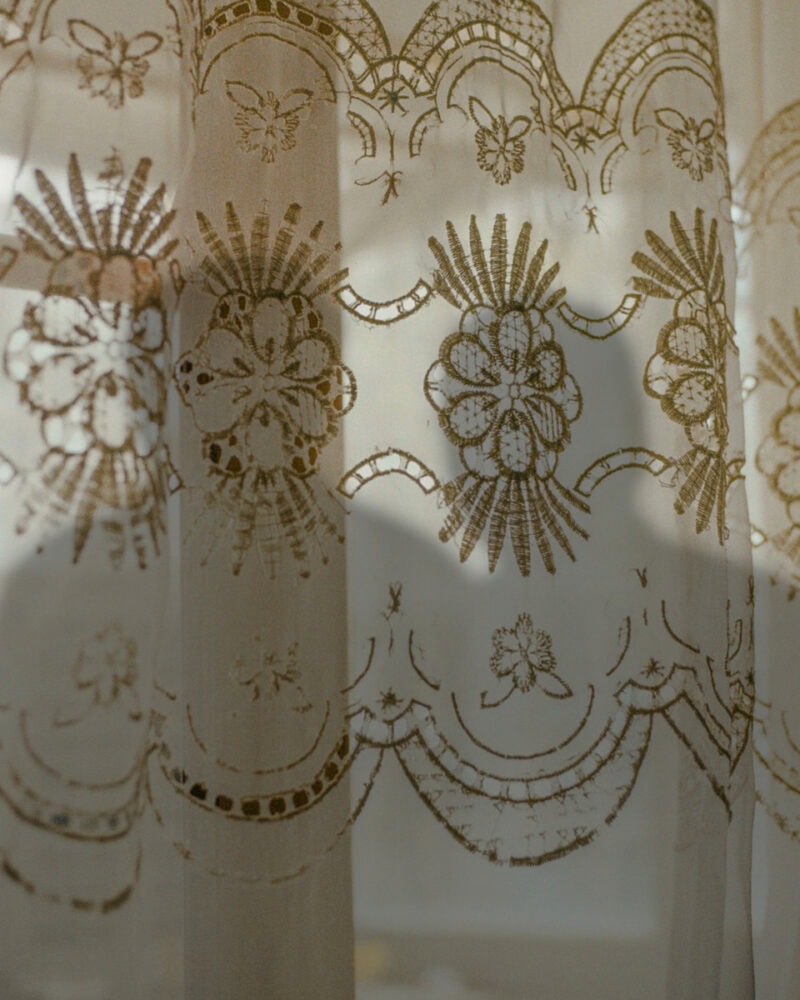Jialin Yan was born in 1992 and currently lives and works in Fuzhou,China.
She explores self-consiousness and intimate relationships through images, as well as the sensitive emotional-connection among young people. In 2020 she was nominated for theBOBOSNAP Young Artists Programme, and in 2020 she co-founded the MiroirProject, a platform for promoting potential female photographers in China, andshe launched the first section of a women’s photography competition in Chinathis year.
She was nominated for BOBO SNAP Young Artist Program on 2020. She is also a member Girlgaze’s community.
About Undercurrent – words by Jialin Yan:
My uncle, grandfather and grandmother used to live together. Through my contact with them, I observed a common state of vulnerability: the retired grandfather and grandmother had almost no social life, and the disabled uncle was always at home and seldom went out. They were dependent on each other, forming a fragile and closed connection on the margins of society. In the years following 2008, my uncle, grandfather and grandmother passed away: my uncle committed suicide due to depression, my grandfather, who suffered from Alzheimer’s disease, died in a nursing home a few years later, and my grandmother, the last person left in the house, died at home in the Chinese New Year of 2020.
At the time of their deaths, for various reasons, I did not get to see the three of them one last time. The strong regret and remorse that I felt over the years prevented me from letting go of the pain caused by the death of my loved ones. It is an instinctive reaction to avoid pain, but perhaps facing the pain head-on will help you to let go. It wasn’t until I started talking to friends about the loss of three people that I realised that most people, like me, used avoidance to make up for the loss of their loved ones.
Maurice Maeterlinck mentioned an idea about death in :there are those who have died, but as long as someone still misses them, they will live as happily as ever. It was then that I began to think that it was important to remember and remember loved ones, not forget them.
Therefore I didn’t want to run away anymore. After that, I began to visit the places where they were last seen, to talk to my family more about the three of them, to find traces of their presence, to capture things I had overlooked. Eventually, the traces and feelings that were recovered became the bonds that the three of them held for me. These ties would eventually become the undercurrents of their presence in my world that would continue to flow.

